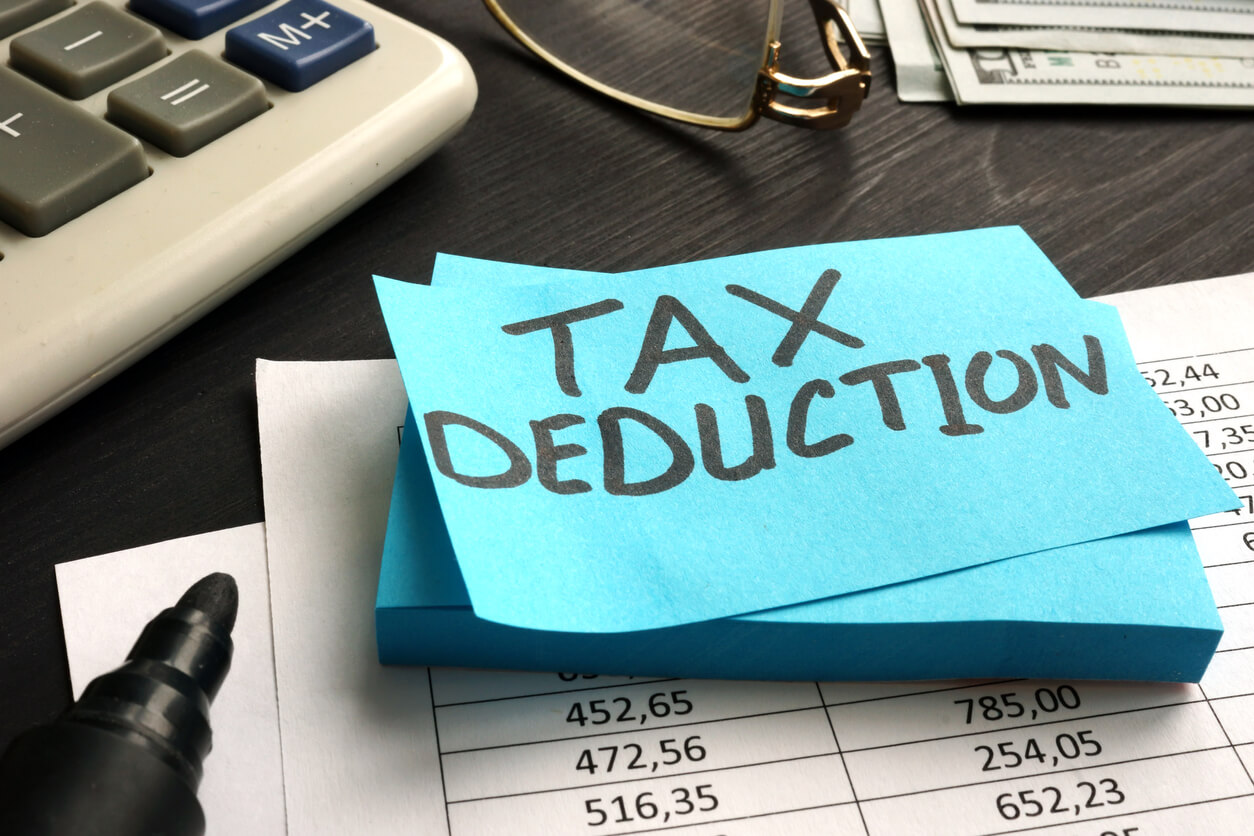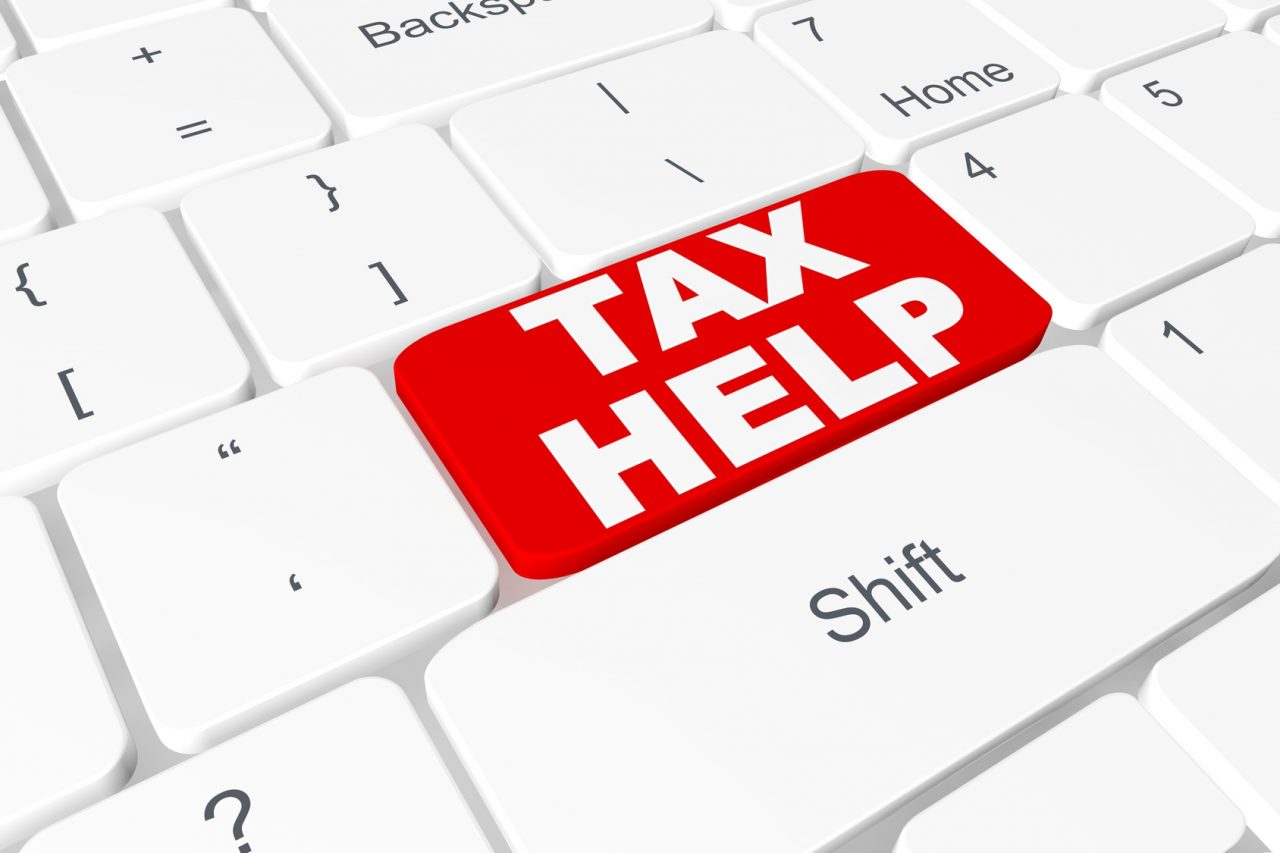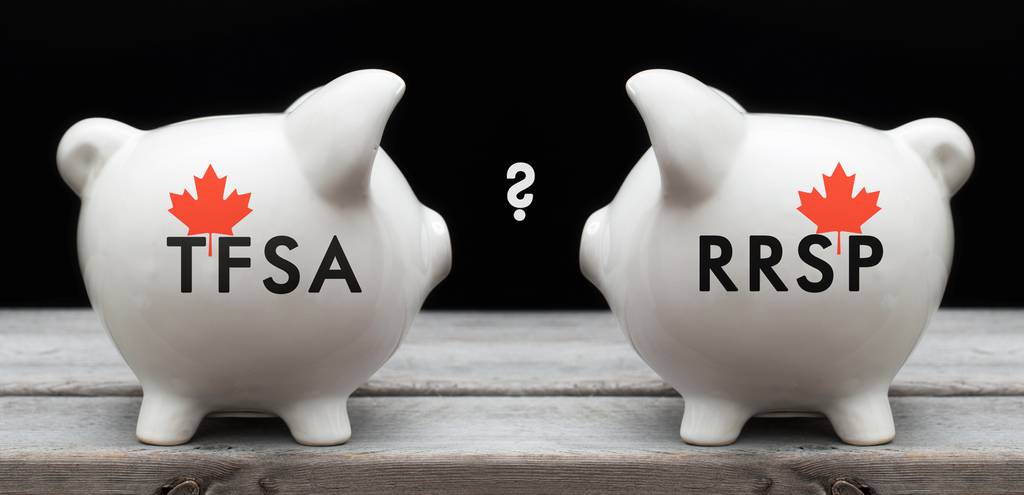While the requirement that Canadians file an income tax return each year never changes, the actual content of that return is never the same year to year.
Newsletter Archives - Page 18 of 31 - Akler Browning LLP
The list of financial assistance programs that have been provided by the federal government to support individual Canadians through two years of the pandemic is lengthy, detailed, and sometimes confusing. Unfortunately for the Canadian taxpayer, however, every one of those programs has one thing in common — benefits received are taxable income which must be reported on the return for the year in which they were received, and on which tax must be paid.
Sometime during the month of February, millions of Canadians will receive mail from the Canada Revenue Agency (CRA). That mail, a “Tax Instalment Reminder”, will set out the amount of instalment payments of income tax to be paid by the recipient taxpayer by March 15 and June 15 of this year.
Income tax is a big-ticket item for most retired Canadians. Especially for those who are no longer paying a mortgage, the annual tax bill may be the single biggest expenditure they are required to make each year.
If there is one invariable “rule” of financial and retirement planning of which most Canadians are aware, it is the unquestioned wisdom of making regular contributions to one’s registered retirement savings plan (RRSP). And it is true that for several decades the RRSP was only tax-sheltered savings and investment vehicle available to most individual Canadians.
As the pandemic continued past 2020 and through 2021, it is likely that employees who were able to work from home spent at least part of the 2021 tax year doing just that. And, as was the case in 2020, those workers may be entitled to claim a deduction on their 2021 tax return for home office expenses incurred.
The Employment Insurance premium rate for 2022 is unchanged at 1.58%.
The Quebec Pension Plan contribution rate for 2022 is set at 6.15% of pensionable earnings for the year.
The Canada Pension Plan contribution rate for 2022 is set at 5.7% of pensionable earnings for the year.
Dollar amounts on which individual non-refundable federal tax credits for 2022 are based, and the actual tax credit claimable, will be as follows:










